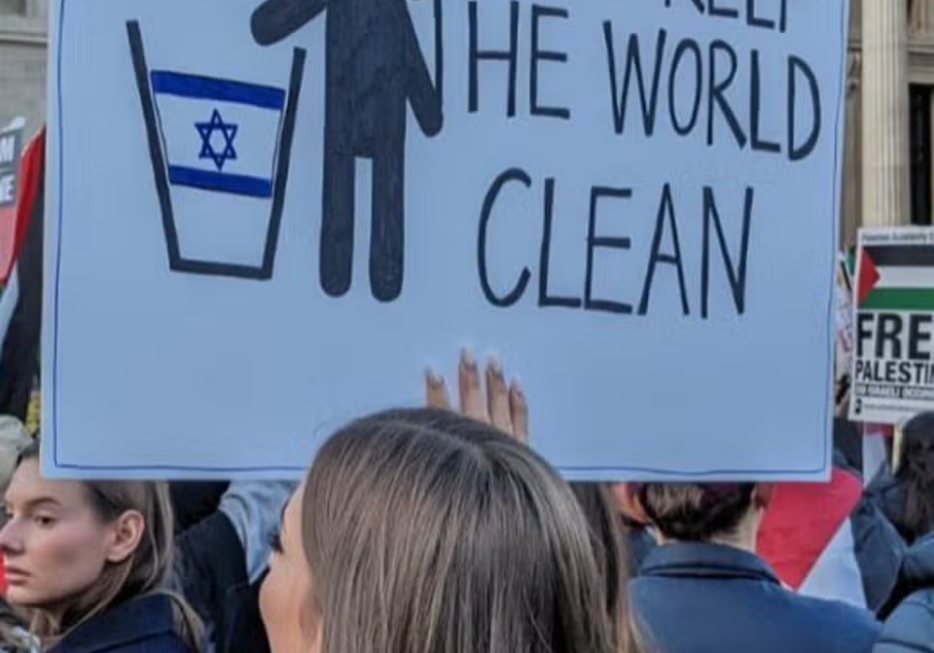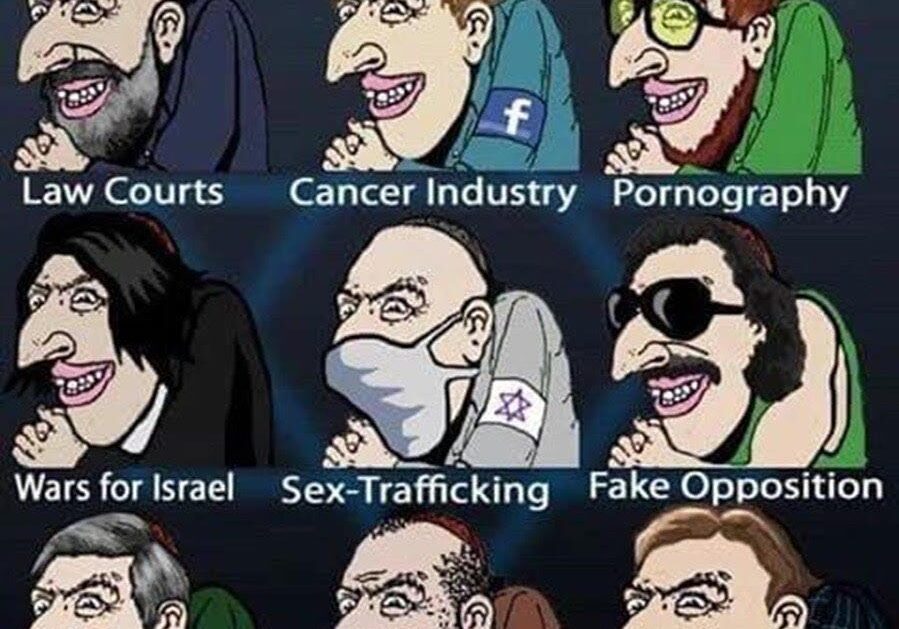Australia/Israel Review
Media Microscope: A Matter of Definition
Nov 23, 2021 | Allon Lee

The Morrison Government’s announcement in October that Australia would “embrace” the International Holocaust Remembrance Alliance (IHRA) Working Definition of Antisemitism unleashed a flurry of media commentary.
In the Age (Oct. 21), Jewish Greens party activists David Zyngier and Daniel Coleman asserted that the IHRA definition will not make “Jews one iota safer” and asserted without any evidence that “pro-Israel organisations are campaigning” for its adoption “to shut down legitimate debate on Israel’s policies towards the Palestinians and to harass and silence critics.” The pair called for people to “ally” with the Greens who back a “national anti-racism strategy” to combat “far right extremism”, which they said the Morrison Government was ignoring.
An op-ed for the Guardian Australia (Oct. 23) from Michael Visontay, editor of the Jewish website Plus61J, noted that competing alternative definitions to IHRA’s have recently arisen from people who are unhappy with the IHRA definition’s mentions of Israel. Visontay quoted AIJAC’s Jeremy Jones’ appeal at a panel discussion that “we can have a conversation about better and worse ways to fight antisemitism. But the main thing is fighting it.”
On ABC Radio National “Religion & Ethics Report” (Oct. 27), Visontay agreed with host Andrew West’s proposition that “if someone took a totally consistent line in a sense that they were opposed to pan-Arabism… pan-Africanism… all forms of ethnic based nationalism, do the supporters of Israel then say, yes, criticism of Zionism could be part of that consistent opposition?”
A week later, Guardian Australia ran an op-ed attributed to “a collective of Palestinians who work and study in Australian universities” who said they were compelled to write “anonymously because the threat to our academic positions and future careers is already present.” Somewhat ironically, the link included justifying the claim of a “present” threat was to the Al-Jazeera website – owned by the Qatari royal family, who are not exactly known for their commitment to freedom of speech.
The article claimed that universities adopting the IHRA definition “would pose a dangerous threat to academic freedom” and provided examples purporting to show where the IHRA definition had a detrimental effect on legitimate criticism of Israel. But in every example given, the individuals either were not actually penalised for their criticism or had actually been guilty of clear antisemitism, such as the UK academic who accused his Jewish students of dual loyalty to Israel.
In the Canberra Times (Nov. 2) AIJAC’s Jones included the vital context that the aforementioned commentators all omitted, namely that the IHRA definition specifically states “criticism of Israel similar to that levelled against any other country cannot be regarded as antisemitic.”
Jones, who was involved at the early stages of the IHRA process, explained that “the single driver of the development of the definition was concern with real-world experiences of anti-Semitic phenomena” and it was “designed for assisting the work of tribunals, institutions with codes of conduct, law enforcement and others.”
He described as “confected outrage” the claims that the IHRA definition is aimed at “furthering a political agenda,” noting it is “not legally binding” and no one is calling for “any new restrictions on speech or behaviour.”
Jones said it is a basic fact that “opponents of Israel in this country have included vile stereotyping, misrepresentation and defamation” of Jews.
He also called attention to “the proliferation of conspiracy theories and slanders in online and other discussions of the coronavirus [which] sometimes have promoted anti-Jewish myths.”
On Sky News “Sharri” (Oct. 31), AIJAC’s Colin Rubenstein noted that the IHRA definition “allows you to criticise Israel as you would criticise any other country, its policies and its politics. But once you start undermining the very existence of the State of Israel, you’re crossing the red line.”
The most bizarre reaction was the number of letters on the IHRA definition that appeared in the Hobart Mercury after the paper published an anti-Israel column by Greg Barns (Nov. 8) totally unrelated to the definition.
One letter (Nov. 10) claimed that “Israel’s treatment of Palestinians has promoted a definition of ‘anti-Semitism’ that strongly implies that any criticism of the actions or policies of Israel is automatically anti-Semitic.”
Another on Nov. 12 claimed the IHRA definition was responsible for the media self-censoring criticism of Israel.
Hobart Hebrew Congregation President Jeff Schneider (Nov. 13) restored a modicum of coherence by pointing out that “IHRA… clearly states… ‘criticism of Israel similar to that levelled against any other country cannot be regarded as anti-Semitic.’”
Tags: Antisemitism, Australia, IHRA, Media/ Academia






